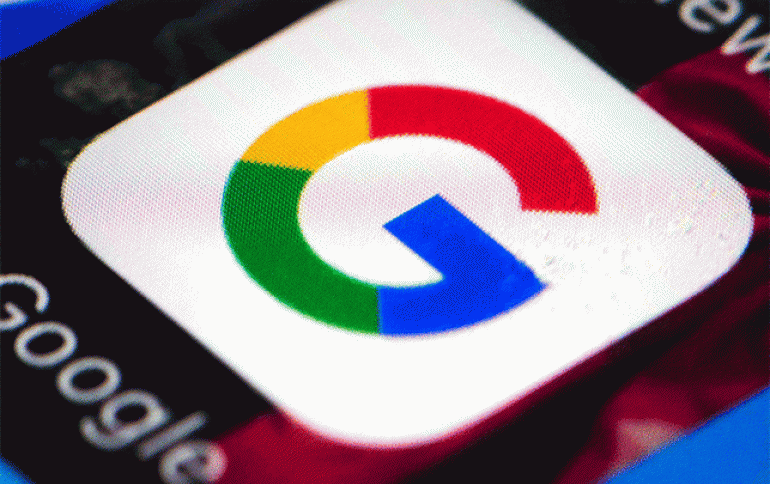
Europe Charges Google In Antitrust Case
The European Commission (EC) has sent a Statement of Objections to Google alleging the company has abused its dominant position in the markets for general internet search services in the European Economic Area (EEA) by favouring its own comparison shopping product in its general search results pages. The Commission's preliminary view is that such conduct infringes EU antitrust rules because it stifles competition and harms consumers. Sending a Statement of Objections does not prejudge the outcome of the investigation.
The Commission has also formally opened a separate antitrust investigation into Google's conduct as regards the mobile operating system Android. The investigation will focus on whether Google has entered into anti-competitive agreements or abused a possible dominant position in the field of operating systems, applications and services for smart mobile devices.
EU Commissioner in charge of competition policy Margrethe Vestager said: "The Commission's objective is to apply EU antitrust rules to ensure that companies operating in Europe, wherever they may be based, do not artificially deny European consumers as wide a choice as possible or stifle innovation".
"In the case of Google I am concerned that the company has given an unfair advantage to its own comparison shopping service, in breach of EU antitrust rules. Google now has the opportunity to convince the Commission to the contrary. However, if the investigation confirmed our concerns, Google would have to face the legal consequences and change the way it does business in Europe."
"I have also launched a formal antitrust investigation of Google’s conduct concerning mobile operating systems, apps and services. Smartphones, tablets and similar devices play an increasing role in many people's daily lives and I want to make sure the markets in this area can flourish without anticompetitive constraints imposed by any company."
Comparison shopping products allow consumers to search for products on online shopping websites and compare prices between different vendors. The preliminary conclusion of the Commission's investigation opened in November 2010 is that Google gives systematic favourable treatment to its comparison shopping product (currently called 'Google Shopping') in its general search results pages, e.g. by showing Google Shopping more prominently on the screen. It may therefore artificially divert traffic from rival comparison shopping services and hinder their ability to compete on the market. The Commission is concerned that users do not necessarily see the most relevant results in response to queries - this is to the detriment of consumers, and stifles innovation. The Commission's preliminary view is that to remedy such conduct, Google should treat its own comparison shopping service and those of rivals in the same way. Google now has the opportunity to respond to the Commission's allegations within ten weeks and to then seek a formal hearing. The Commission considers that overall, previous commitment proposals from Google were insufficient to address its competition concerns.
The Commission can fine firms up to 10 percent of their annual sales, in Google's case up to $6.6 billion. If it finds that companies are abusing a dominant market position, the EU regulator can also demand sweeping changes to their business practices, as it did with U.S. software giant Microsoft in 2004 and chip-maker Intel in 2009. Its record antitrust fine was 1.09 billion euros on Intel.
Since 2005, Google has led development of the Android mobile operating system. Android is an open-source system, meaning that it can be freely used and developed by anyone. The majority of smartphone and tablet manufacturers use the Android operating system in combination with a range of Google's proprietary applications and services. These manufacturers enter into agreements with Google to obtain the right to install Google's applications on their Android devices. The Commission's in-depth investigation will focus on whether Google has breached EU antitrust rules by hindering the development and market access of rival mobile operating systems, applications and services to the detriment of consumers and developers of innovative services and products.
Mountain View, California-based company said in a blog post that it strongly disagreed with the EU's statement of objections and would make the case that its products have fostered competition and benefited consumers.
"Android has been a key player in spurring this competition and choice, lowering prices and increasing choice for everyone (there are over 18,000 different devices available today)," it said of its free operating system for mobile devices.




















